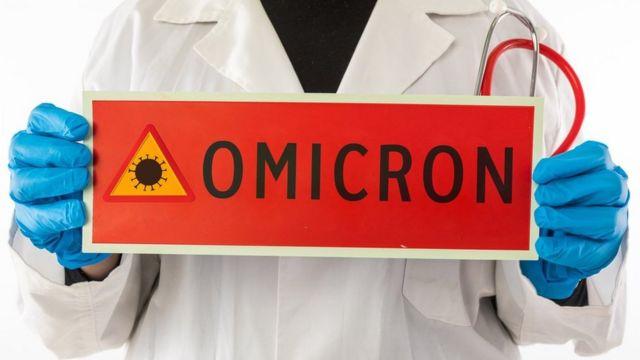Omicron: How to avoid the reinfection of the crown variants?
Omicron continues to spread around the world and is about to become the dominant variant of COVID-19.This strain has extended so voracious because its ability to multiply is up to 70 times faster than Delta;reaching the tissues of the respiratory tract more easily, according to WHO data.
A pesar que ya hay estudios que demuestran que las dosis de refuerzo de Moderna y Pfizer son eficaces para prevenir hospitalizaciones y casos graves de ómicron y otras variantes, el riesgo de reinfección también es alto, ya que este virus parece contar con una mejor capacidad para evadir la inmunidad.
Ante ello, los Centros para el Control y Prevención de Enfermedades (CDC) de EE.UU.They have published a list of recommendations to minimize the risk of reinfection or spread the virus to relatives or your closest environment.Take note.

Los CDC recomiendan que sea el paciente el que se encargue de limpiar y desinfectar las superficies y artículos después de cada uso.If you are not in physical conditions to be able to do it, you must ask for help from a person in charge, who has to be protected to get in touch with the patient.
On the other hand, ABC of Spain recommends that the utensils of the person who is infected should be washed with dishwasher and hot water.Also, the person who manipulates these objects must disinfect after being in contact with the patient.
To wash the patient's clothes, it is recommended to wear the maximum allowed water temperature.Whenever you manipulate the clothes of the infected, wear gloves and a mask.Then one must clean the dirty clothes and hands.
Las vacunas contra el COVID-19 no evitan el contagio; sin embargo, ayudan a prevenir casos graves de la enfermedad y hospitalizaciones.
CDC resort to various data sources to evaluate the frequency of reinfections, who runs greater risk of reinfection and the risk of reinfection when there is an omicron propagation or other variants of the virus in the community.









3983